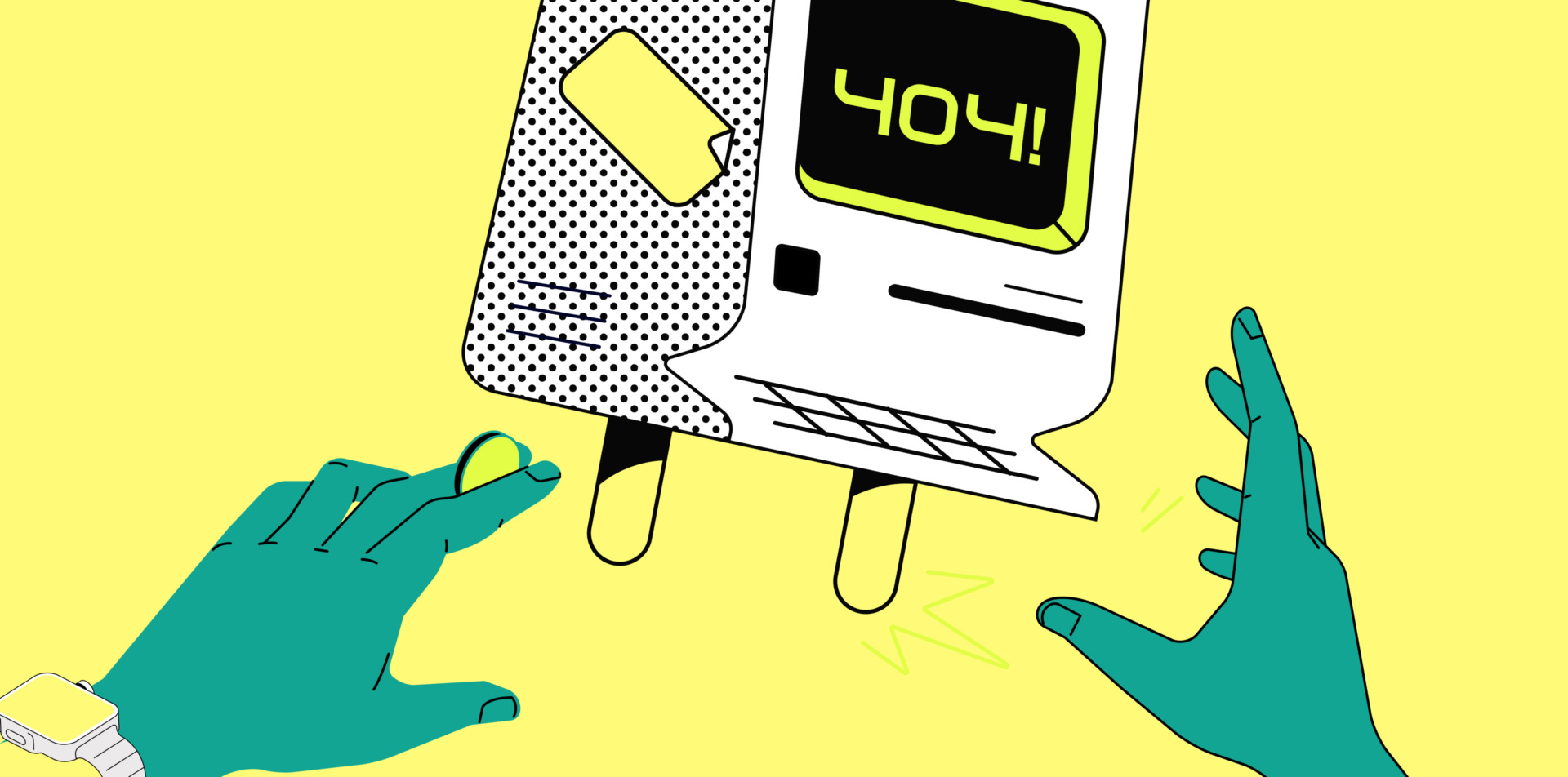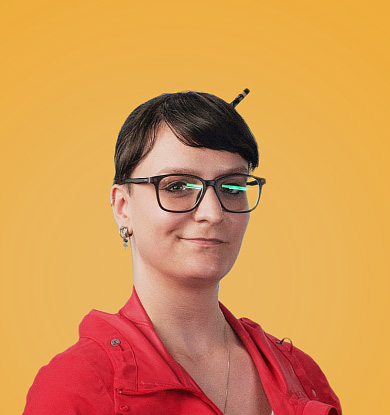Every project begins with a vision: a design crafted in Figma, with its color palette, typography, animations, and overall look that tells the project’s story. My job is to turn that vision into a living prototype that works, looks beautiful, and feels right across different devices.
The transition from design to a functional product can be challenging. At Mater Agency (previously Euroart93), projects move quickly. Designs evolve, client feedback reshapes the scope, and new ideas often appear mid-process.
Flexibility has been the most valuable lesson from these experiences. I’ve learned how to structure code so that the most important foundations remain scalable, even when requirements change halfway through. Another constant challenge is tight deadlines. In an agency, timing matters, but speed means nothing if it comes at the cost of quality.
Balance is the key
My way of balancing both is through component-based design systems. They make it easier to build consistent structures and reusable code. Because of that, I can handle last-minute client requests without losing control over the project. The hardest part is defining these systems in the first place. Every role approaches the project differently: designers think visually, clients focus on goals, and developers think logically.
I often find myself acting as a translator between these worlds, making sure that technical limitations don’t suppress creativity while ensuring that the final product is practical, efficient, and easy to use. When a client sees their new website or app come to life—something dynamic, engaging, and true to their vision—that’s the most rewarding moment. It’s when all the iterations, bug fixes, and late nights finally make sense.
Working on agency frontends is demanding, but it’s also exciting. No two projects are ever the same, and every obstacle brings something new to learn.



